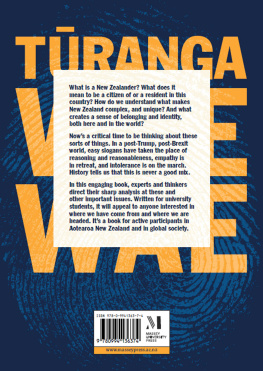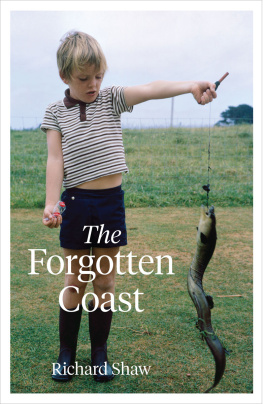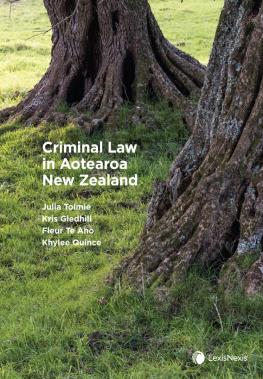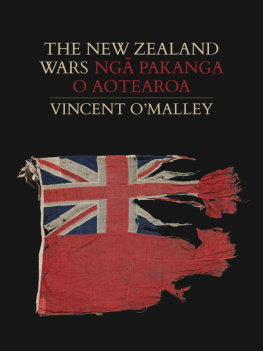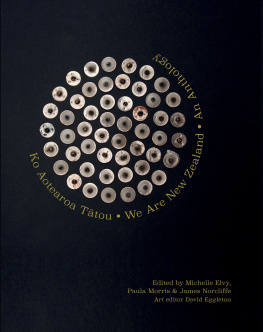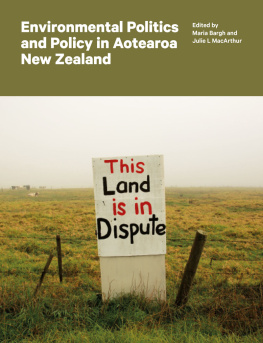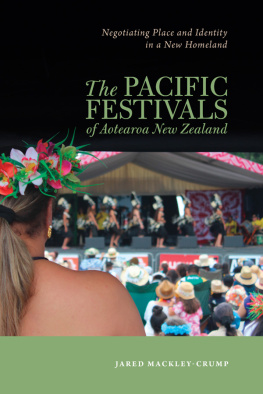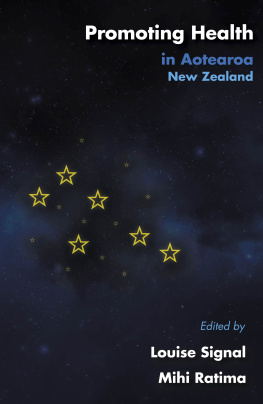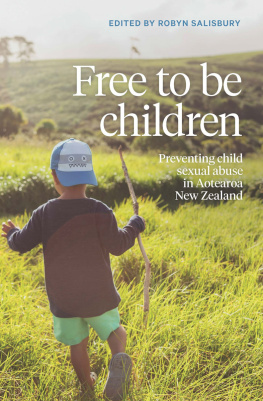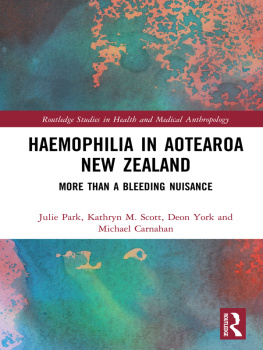| WORD OR PHRASE | DESCRIPTION |
| ahi k | Continued occupation; describes the home people of marae/hap/iwi |
| awa | Ancestral river |
| Bastion Point/Takaparawhau | A marae site in Tmaki Makaurau. It was marked for development, which led to a 506-day protest occupation that started in 1977 |
| haka | Customary Mori recital, previously and commonly referred to as a war dance, which is a limited interpretation of this act |
| He Whakaputanga | He Whakaputanga o te Rangatiratanga o Nu Tireni The Declaration of Independence |
| hei tiki | Customary pounamu (greenstone/jade) ornament, usually in the form of a necklace |
| hkoi | To walk, but also adopted for the act of protest marches |
| Hine-ahu-one | The original human ancestor, the original female ancestor |
| Hine-nui-te-p | Female ancestor and guardian of the underworld |
| hap | Consists of a number of whnau sharing descent from a common ancestor; the primary political unit in traditional Mori society |
| hongi | Customary greeting enacted by two people pressing noses together and re-enacting the moment at which Hine-ahu-one drew her first breath a moment of sharing time and space with another person |
| iwi | A large group of people sharing a common ancestry and associated with a distinct territory |
| kaitiakitanga | Guardianship, environmental sustainable management |
| kwanatanga | Governance |
| Kngitanga | The movement formed to provide a united iwi/Mori approach to mass land loss and colonisation |
| koru | Customary Mori art motif |
| kura kaupapa Mori | Te reo Mori immersion primary schooling |
| Mahuika | Female ancestor, deity and origin of fire |
| mana | Authority, control, influence, prestige, power, spiritual gift, spiritual authority and power |
| mana atua | Strength drawn from your ancestors and deities, and your responsibility to those connections |
| mana tangata | Your personal pursuits and achievements, your responsibility to be of service |
| mana whenua | Strength drawn from ancestral lands, your responsibility to protect those lands |
| maunga | Ancestral mountain |
| mihimihi | A speech of greeting, welcome or introduction at the beginning of a gathering, often following a more formal pwhiri |
| moko | Mori designs tattooed on the face or body according to traditional protocols |
| Moutoa Gardens/Pkaitore | A customary Mori site in Whanganui; site of protest occupation in 1995 |
| Ng Kete o Te Wnanga | Three baskets of knowledge, obtained by Tne-mahuta (or Twhaki, depending on iwi narrative) for humankind to utilise |
| ng matatini | Multidimensional (usually in reference to shapes), many faces |
| ng matatini Mori | Mori diverse realities |
| Ngpuhi | Iwi from Northland |
| Papatnuku | Female origin, earth mother |
| pepeha | A form of words linking a person ancestrally with the communities and physical features of a particular landscape (mountains, rivers and oceans) |
| Raglan/Whingaroa | A significant site of protest for land stolen for a First World War military base. The protest occupation started in 1978 |
| rangatira | Chief, leader |
| rangatiratanga | Chieftainship, authority |
| Ranginui | Original male ancestor, sky father |
| rnanga | A high council or legislative assembly called to discuss matters of significant concern to an iwi or community |
| Tne-mahuta | Child of Ranginui and Papatnuku, deity with authority over the forests and birds |
| taonga | Treasure |
| twhaki | Ancestor |
| Twhiri-mtea | Child of Ranginui and Papatnuku, deity with authority over the winds, clouds, rain, snow and storms |
| te ao Mori | The Mori world, including the Mori language, rituals, processes, practices, sites of importance, and ties to whnau, hap and iwi |
| Te Ika a Mui | The fish of Mui, the North Island of Aotearoa New Zealand |
| Te Kawariki | Northland-based activist group, responsible for developing the tino rangatiratanga flag |
| Te Khanga Reo | Te reo Mori early childhood education centre, language nest |
| Te Kore | The time of great potential, the nothing |
| Te Kotahitanga | Unity movements for liberation and resistance |
| Te P | The time of activation, the night |
| Te Reinga | The northernmost tip of Te Ika a Mui |
| te reo Mori | The Mori language |
| Te Tiriti o Waitangi | The Mori-language version, and mostly signed version, of the Treaty of Waitangi |
| tikanga Mori | Mori custom, protocol and practices |
| tino rangatiratanga | Absolute authority and independence, the right to self-determination |
| tipuna | Ancestor(s) |
| tupu | Urge for growth and expansion |
| trangawaewae | Place of belonging where you draw your strength from, your standing place |
| whi tapu | Sacred site or place, often a place in which ritual restrictions on access or use apply |
| waiata | Song, chant, melody |
| wnanga | Place of higher learning |
| whinga | Pursuit |
| whakapapa | Genealogy |
| whakatauk | A proverb or significant saying |
| whnau | Extended family or family group, a familiar term of address for a group of people |
| whenua | Land |
| wiri | The shaking of hands during waiata to demonstrate an affinity with nature |

